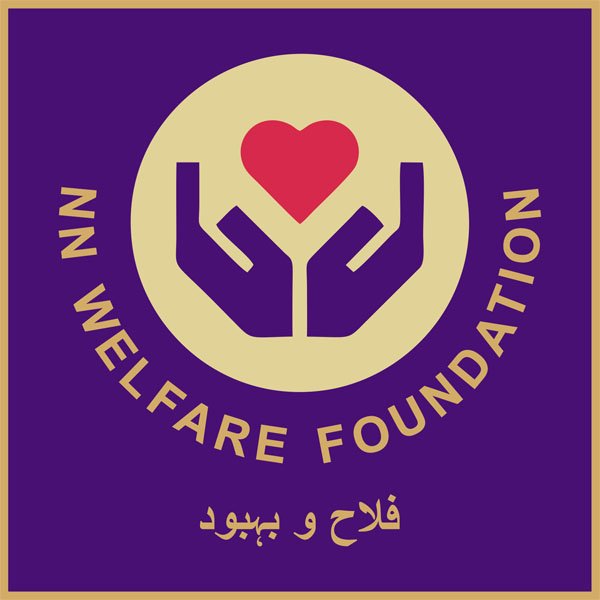“Education is not preparation for life; education is life itself.”
Coming from a modest background, I received life-changing support from, NN Welfare Foundation. It helped me enormously, to complete my Engineering Degree, from a reputed University. It changed my life, today I’m working as a Project Engineer at a leading retail brand. I’m grateful for the mentorship and financial help, that empowered me to pursue my career and goals with confidence.
Pay Back
NN Welfare Foundation’s Vision of empowerment through education, inspired me to pay back. I am now a vounteer at the same NGO, supporting deserving students and contributing to initiatives that make a real difference. I also assisted in digitalizing of documentation for on line Registration of the NGO, with the Government of Punjab. As a member of the IT team, I am proactively working on automation of NN Welfare Foundation’s Management System. Thank you, NN Welfare Foundation, for showing me the path of service to humanity. I solemnly vow, to carry the torch of Welfare Service forward and make a positive impact for the needy community.
My Message to the youth:
“Never stop believing in yourself—support is out there, go and catch the opportunity for improving self, family and the community.”
